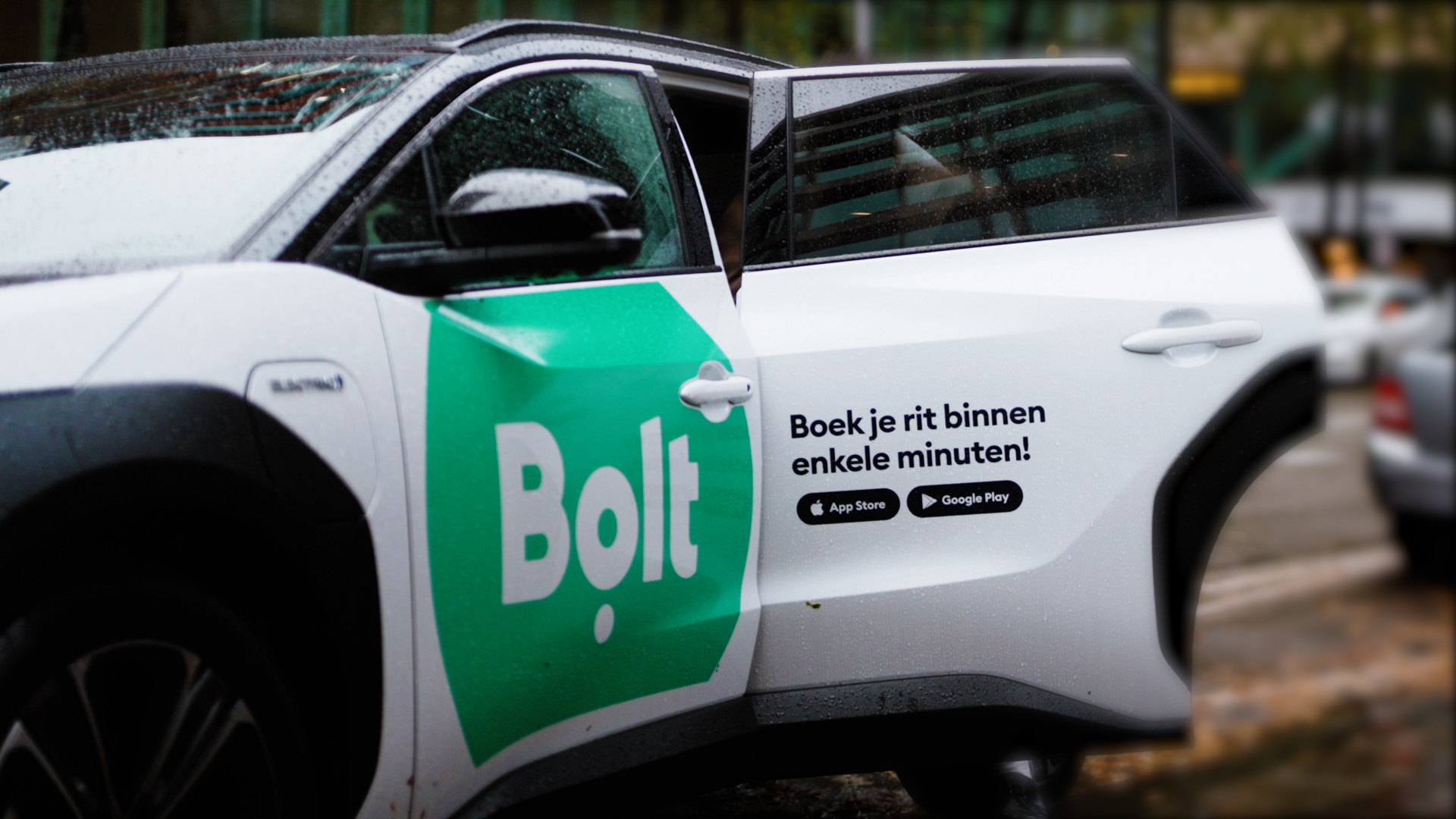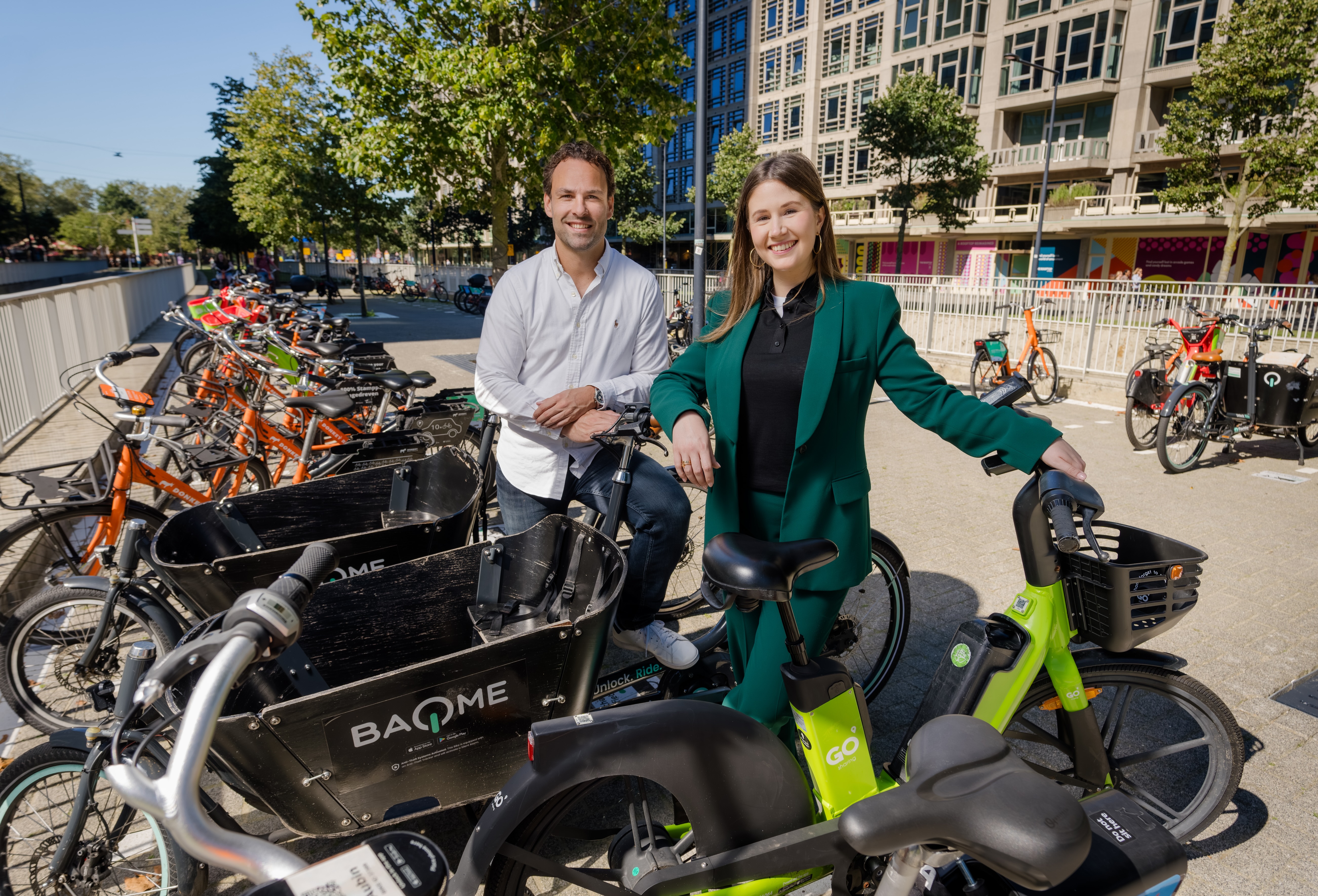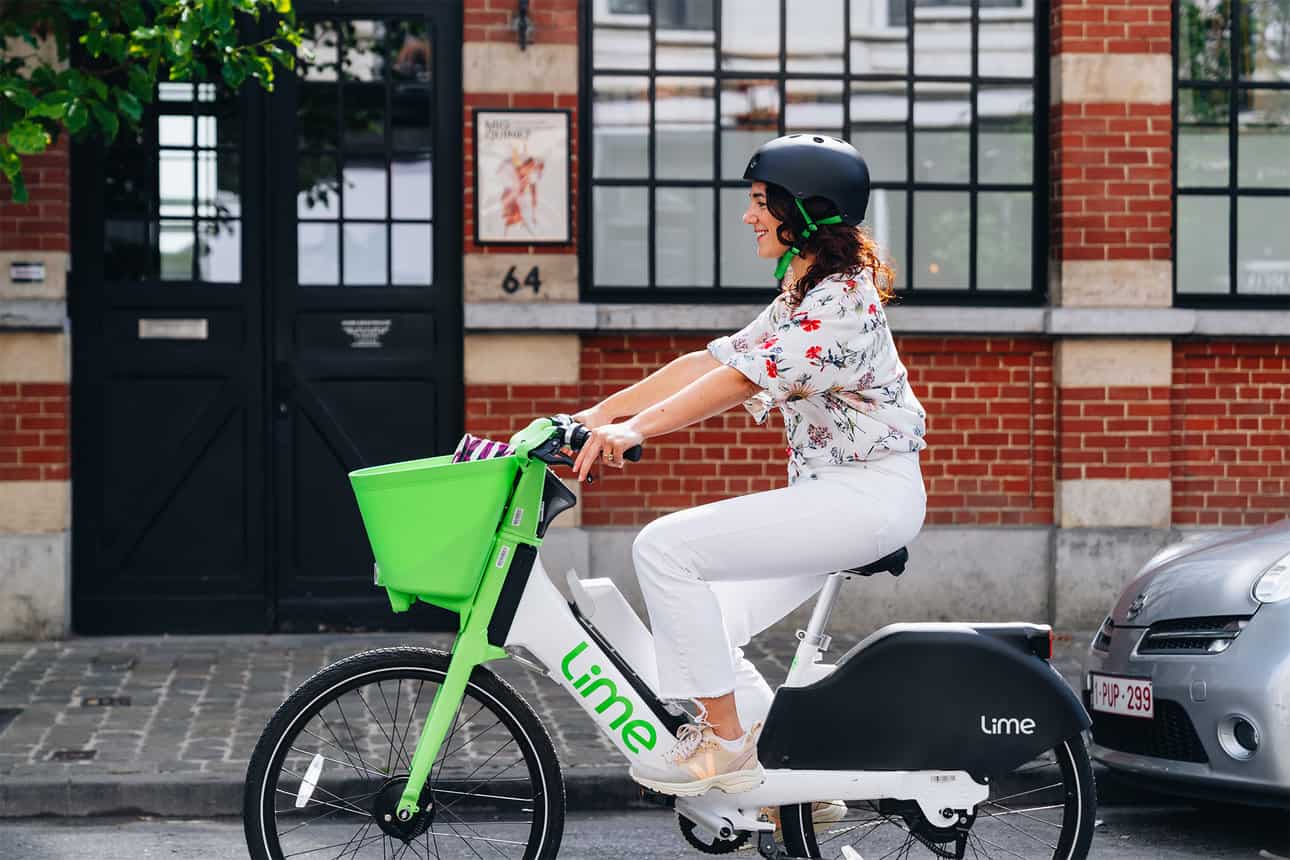ROTTERDAM, 17 December 2024 – Car-sharing company Greenwheels continues to expand its presence in Rotterdam, reporting significant growth in users and vehicles while increasing its electric fleet. Plans are underway for a substantial expansion in the Rotterdam-Rijnmond region.
Greenwheels expands fleet and electric vehicles in Rotterdam
Greenwheels has announced its 2024 figures, revealing steady growth in the number of car-sharing users and vehicles, including a focus on electric cars. In Rotterdam, the company’s fleet grew to 291 cars by the end of the year, an increase of 104 vehicles, of which 80 are electric. This brings the share of electric cars in the city to 39%. Greenwheels also saw a 16% increase in Rotterdam-based users.
The most utilised Greenwheels car in Rotterdam was a Volkswagen Up! stationed near the Mariniershof/Kipstraat corner, which was in use 49% of the time, far surpassing private car usage, which averages just 5%.
Car-sharing trends and impact
Nationally, Greenwheels added 38,314 new users in 2024, expanding its total fleet to 2,900 vehicles, an increase of 140 compared to the previous year. The company observed particular growth in business-to-business (B2B) usage, with a 31% increase, driven by freelance professionals and small enterprises. Electric rides within this market segment grew sharply by 96%.
Research highlights the spatial benefits of car-sharing, as a single shared car can replace up to 14 private vehicles (Goudappel, 2023). With urban areas such as Rotterdam facing increasing space constraints, initiatives like Greenwheels aim to free up space for green areas, housing, or recreational spaces.
Ambitious plans for Rotterdam and beyond
Despite a challenging mobility market, Greenwheels has outlined its strategy to further accelerate expansion. The company plans to grow its fleet from 2,900 vehicles to 4,000 by 2026. A significant portion of this growth will target the Rotterdam-Rijnmond region, including municipalities such as Schiedam, where Greenwheels aims to increase its fleet from 9 to 29 vehicles.
The company sees this expansion as a means to enhance urban liveability while providing sustainable transport solutions for both urban and rural areas.

_large.jpg)
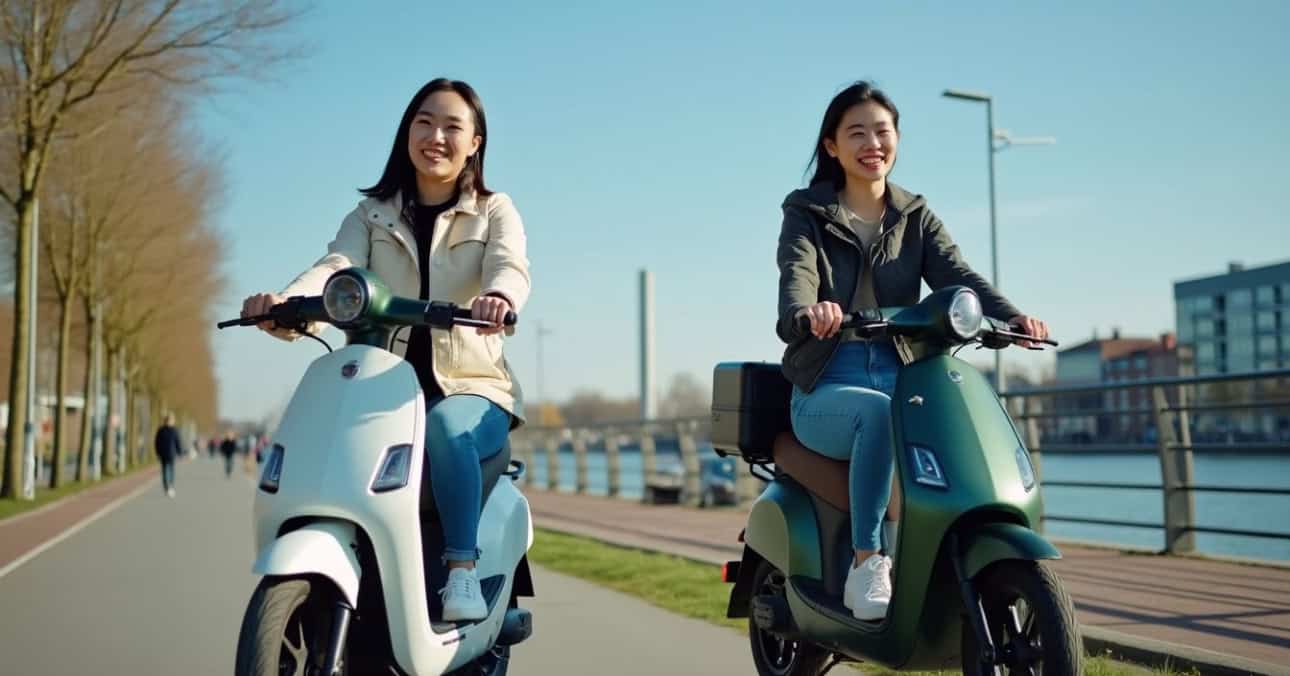
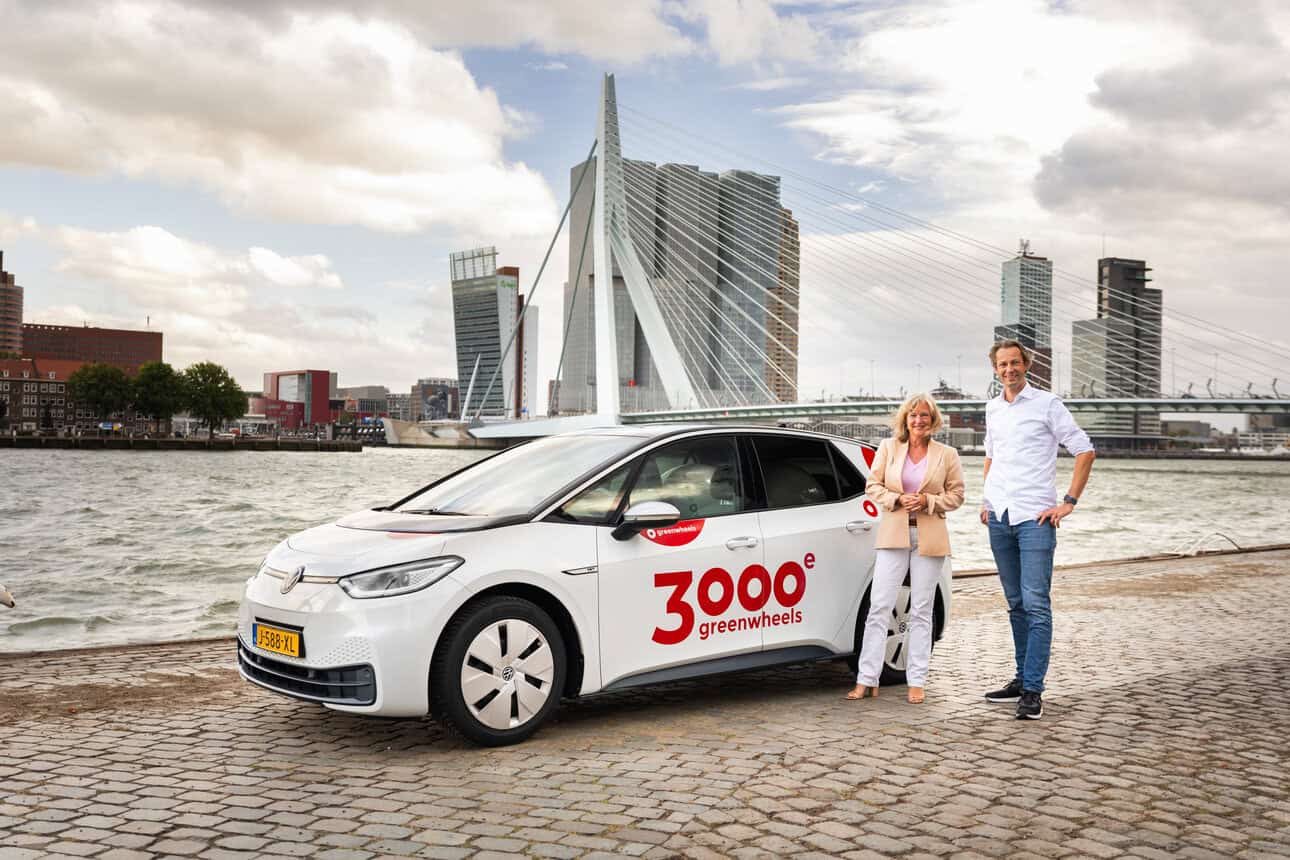
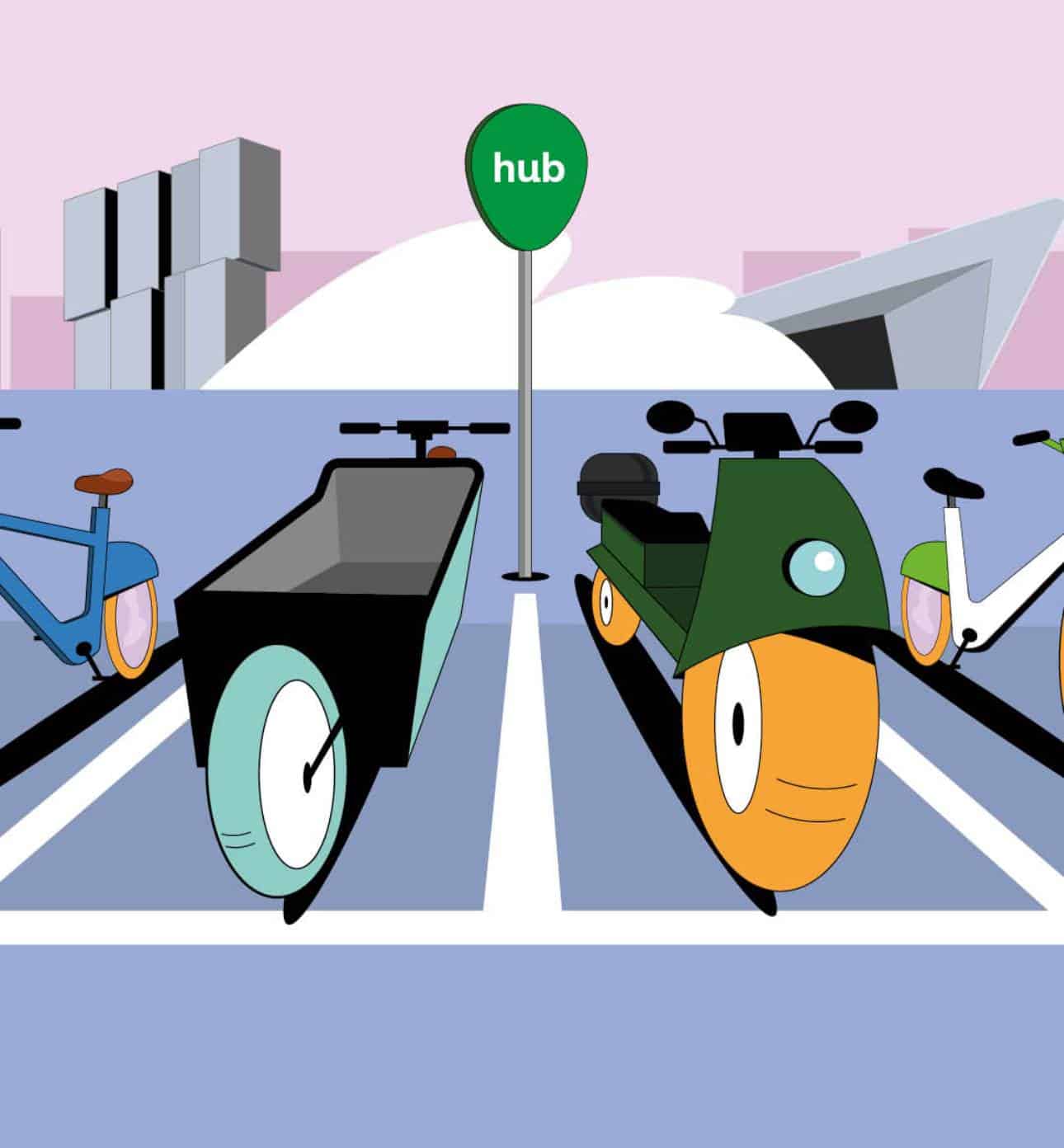
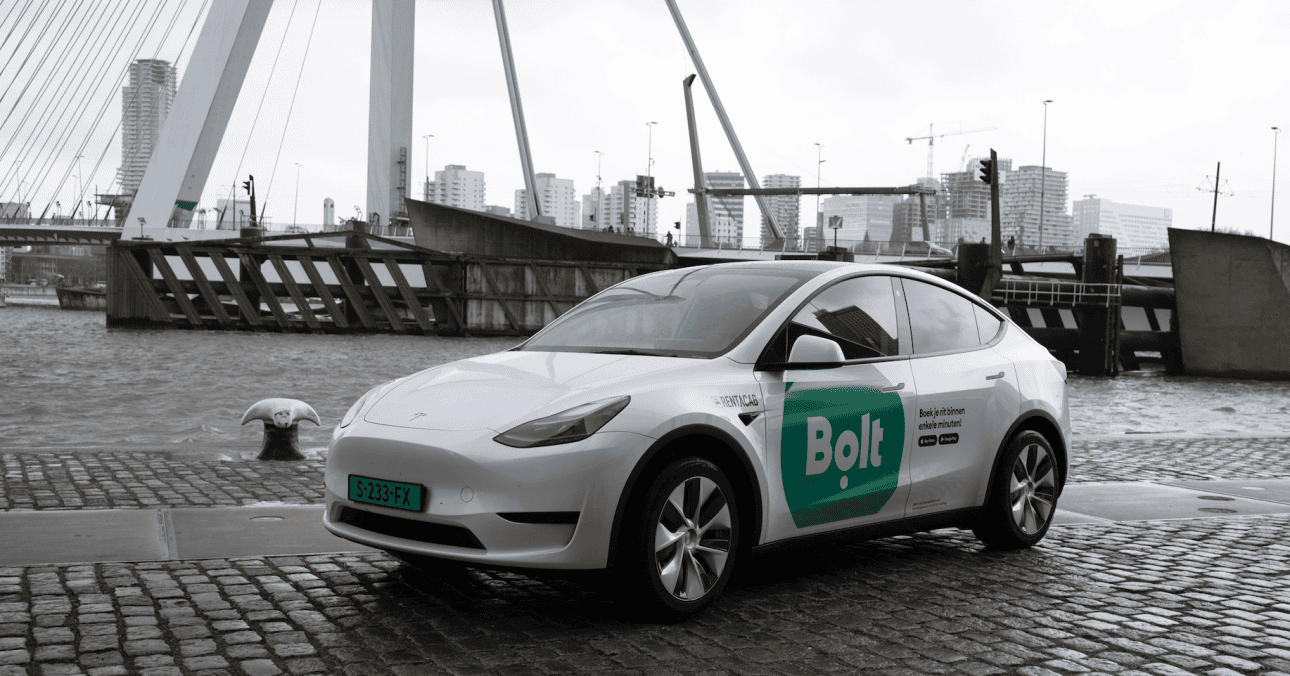
.jpg)
